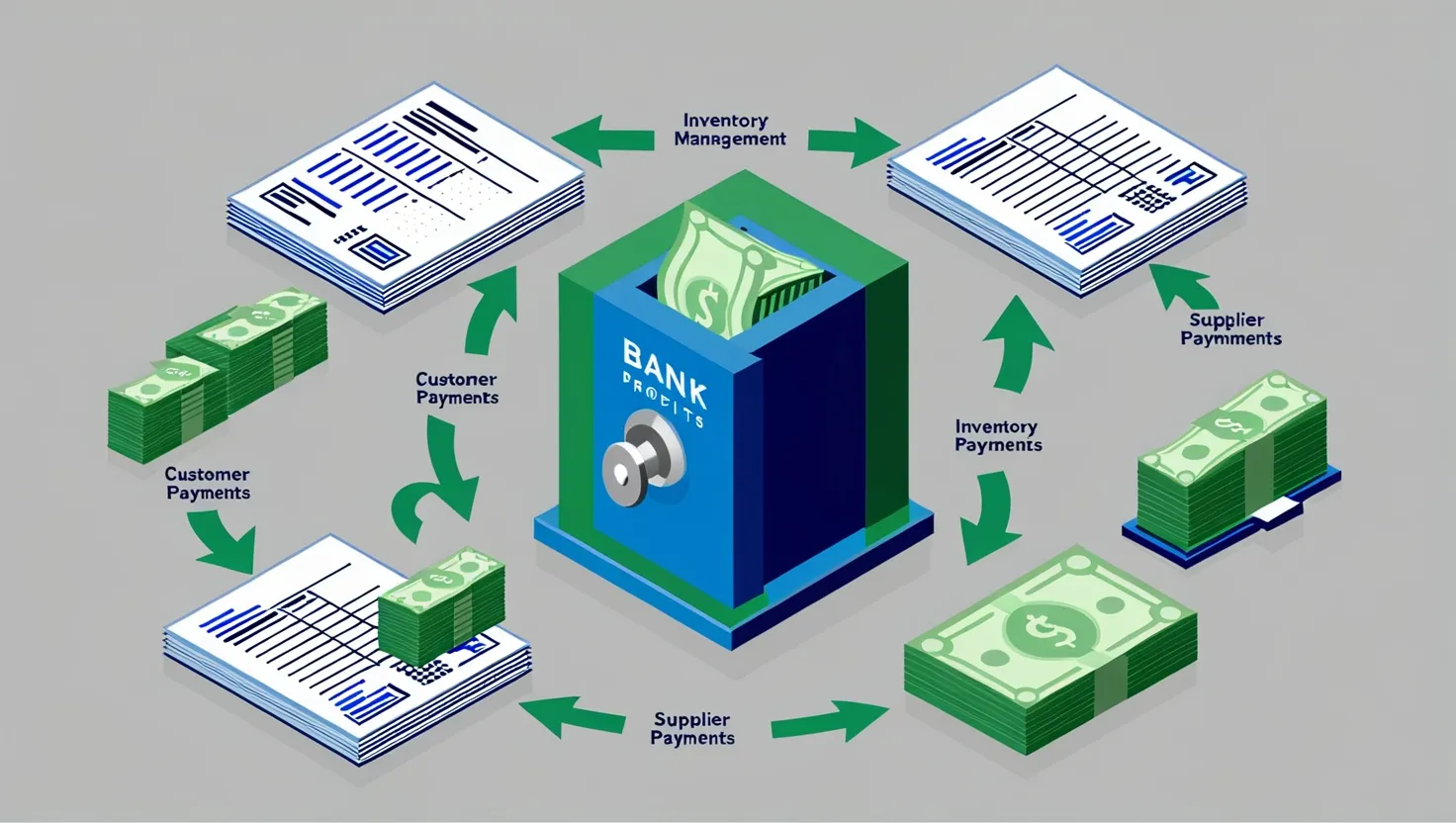Why Smart Investors Focus on Cash Flow Conversion Over Profits for Long-Term Success
Discover how cash flow conversion reveals undervalued stocks that outperform during market downturns. Learn key metrics and strategies for finding resilient companies.

**Value Investing in Founder-Led Companies: Hidden Signals Smart Investors Use to Find Gems**
Discover proven strategies for value investing in founder-led companies. Learn to identify signals, evaluate succession plans, and spot opportunities others miss. Get insights now!

**6 Hidden Asset Value Investing Strategies That Beat The Market By 11% Annually**
Discover 6 hidden asset value investing strategies that uncover undervalued companies with real estate, patents, and buried assets trading below true worth. Find market-beating opportunities now.

How to Find Value Investing Opportunities During Regulatory Upheaval and Market Panic
Find value opportunities when regulatory changes hit industries. Learn practical strategies to identify winners while others panic-sell. Master value investing during market turmoil.

**5 Value Investing Strategies for Recurring Revenue Businesses That Generate Consistent Returns**
Discover 5 value investing strategies for recurring revenue businesses that deliver predictable cash flows and compound returns. Learn retention analysis, capital efficiency, and hidden opportunities others miss.

International Value Investing: Finding Hidden Gems in Global Markets Most Investors Ignore
Learn proven strategies for finding undervalued international stocks through value investing. Discover how to spot hidden gems in global markets, assess governance risks, and profit from market inefficiencies. Start building your international value portfolio today.

**Behavioral Mispricing: How Smart Investors Profit When Fear Drives Stock Prices Below Fair Value**
Discover proven strategies for finding undervalued stocks during market panic. Learn to identify behavioral mispricings using quantifiable signals and disciplined analysis. Master contrarian value investing today.

Family Business Investment: How to Identify Winners Worth Your Capital
Discover proven strategies to identify profitable family-owned businesses worth your investment. Learn to evaluate governance, succession planning, and generational value for smarter investing decisions.

**How Value Investors Can Profit from Leadership Transitions and CEO Changes**
Discover smart investment strategies during leadership transitions. Learn to spot mispriced opportunities when CEO changes create market uncertainty. Expert tips for value investors.

Value Investing During Technological Disruption: How to Spot Winners Among Legacy Companies
Discover how to find hidden value in disrupted industries. Learn to identify genuine investment opportunities when technology threatens traditional businesses. Start investing smarter today.

7 Smart Value Investing Strategies During Economic Uncertainty
Discover 7 proven techniques for value investing during economic shifts. Learn to identify companies with strong balance sheets, operational flexibility, and strategic vision that will emerge stronger from market turbulence. Start finding hidden opportunities today.

5 Proven Strategies for Finding Value in Small-Cap Stocks with High Insider Ownership
Discover how small-cap value investing with high insider ownership creates exceptional returns. Learn 5 proven strategies to find companies where management's interests align with yours for maximum long-term growth potential. Start investing smarter.

Master Strategic Capital Allocation: Value Investor's Guide to Superior Returns
Learn the art of strategic capital allocation with this value investor's guide. Discover how to evaluate management's deployment decisions, assess return thresholds, and identify superior capital allocators for long-term investment success. #ValueInvesting #Investing
